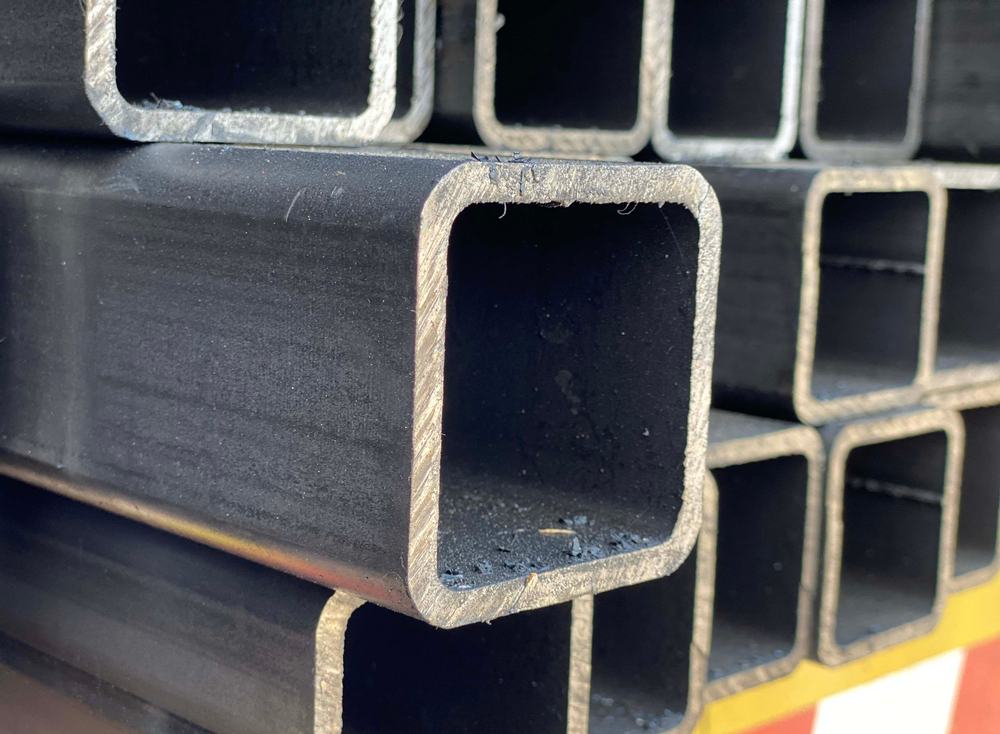Tube

Steel tubing is a versatile and widely used product in various industries, valued for its strength, durability, and versatility.
Manufacturing Process: Steel tubing is produced through a variety of manufacturing processes, including seamless and welded methods. Seamless tubing is formed without any seams or joints, resulting in a smooth and uniform surface. Welded tubing, on the other hand, is made by welding together steel strips or plates to form a tube. Both processes have their advantages and are chosen based on factors such as cost, strength requirements, and dimensional accuracy.
Types of Steel Tubing:
- Round Tubing: This is the most common type of steel tubing and is used in a wide range of applications, including structural support, machinery, and automotive components.
- Square Tubing: Square steel tubing is characterized by its square cross-section and is often used in construction, architectural structures, and furniture manufacturing.
- Rectangular Tubing: Rectangular steel tubing features a rectangular cross-section and is commonly used in construction, fabrication, and industrial applications where strength and rigidity are required.
- Oval Tubing: Oval steel tubing has an elliptical cross-section and is utilized in applications where space constraints or aesthetics are considerations.
- Specialty Tubing: Various specialty tubing types, such as hydraulic tubing, heat exchanger tubing, and instrumentation tubing, are designed for specific applications that require high precision, corrosion resistance, or specialized properties.
Applications:
- Construction: Steel tubing is widely used in construction for structural support, framing, and infrastructure projects such as buildings, bridges, and stadiums.
- Automotive: Steel tubing is used in automotive manufacturing for components such as chassis frames, roll cages, exhaust systems, and suspension components.
- Industrial Machinery: Steel tubing finds application in industrial machinery for conveying fluids, supporting mechanical components, and providing structural integrity.
- Transportation: Steel tubing is utilized in the transportation industry for the construction of railings, handrails, bicycle frames, and various other components.
- Oil and Gas: Steel tubing is crucial in the oil and gas industry for drilling operations, pipeline construction, and transportation of petroleum products.
5. Advantages:
- Strength: Steel tubing offers high strength-to-weight ratio, making it suitable for demanding structural applications.
- Durability: Steel tubing is highly durable and resistant to corrosion, impact, and extreme weather conditions.
- Versatility: Steel tubing comes in various shapes, sizes, and grades to meet diverse application requirements.
- Cost-Effectiveness: Steel tubing is cost-effective compared to alternative materials while offering superior performance and longevity.
Steel tubing plays a vital role in countless industries, providing reliable and efficient solutions for a wide range of applications. Its versatility, strength, and durability make it an indispensable material in modern manufacturing and construction.
A500
A513
